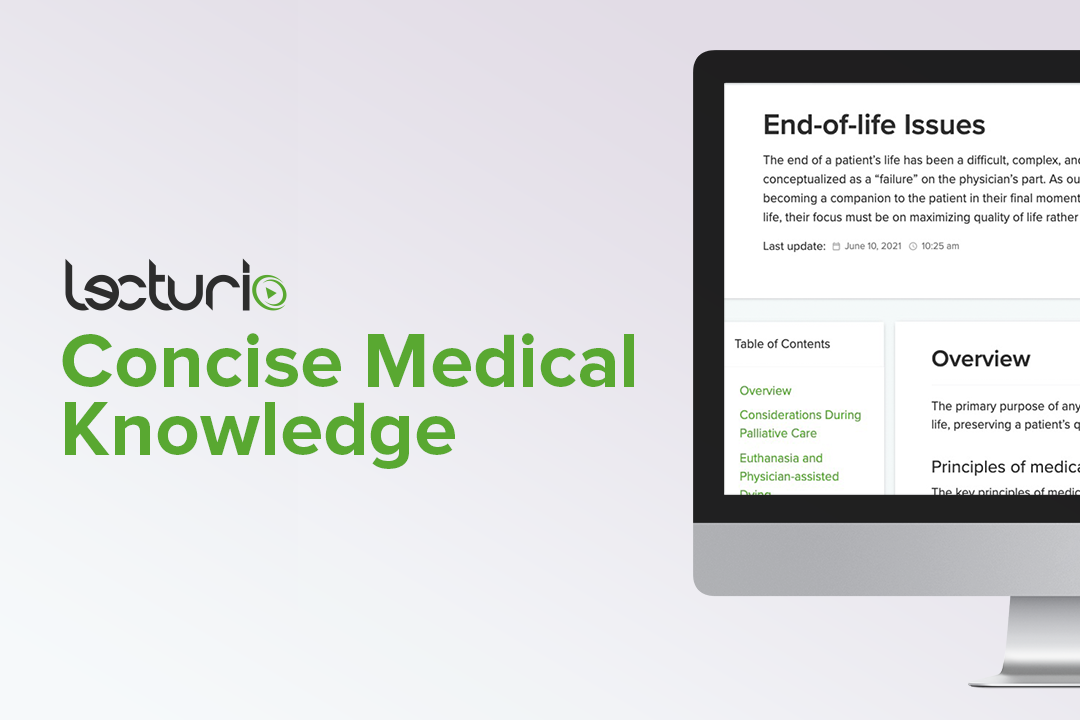Playlist
Show Playlist
Hide Playlist
Ethical Principles in Organ Donation
-
Slides Ethical Principles in Organ Donation.pdf
-
Reference List Clinical Ethics.pdf
-
Download Lecture Overview
00:00 This lecture will deal with the ethical principles in the allocation of human organs. 00:09 The Organ Procurement and Transplantation Network or the OPTN has put forth major ethical principles. 00:16 These referred to the Utility, Justice, and Respect for persons as the major ethical principles to be balanced to achieve equitable outcome in the allocation of organs for transplantation. 00:28 The first of these major ethical principles is that of Utility. 00:32 The entire Enterprise of Organ Procurement and Transplantation is undertaken in order to provide benefit to a group of critically ill patients. 00:43 A second major ethical principle addressed by the OPTN is that of Justice. 00:49 Justice represents equitable access by patients to organ transplantation and for assuring the equitable allocation of donated organs among transplant centers and among patients who are medically qualified for an organ transplant. 01:05 A third of the major ethical principles addressed is that of respect for persons. 01:11 Respect for persons is a principle whereby we hold that we owe to humans our respect that they should be treated as ends in themselves and not as merely some sort of means to another end. 01:25 When these scarce resources of organs are sought by more people than there are organs to go to, there is conflict which obviously ensues. 01:36 We therefore need to deal with the concept of resolution of conflict in an appropriate way. 01:42 Conflict in fact may occur when these scarce organs need to be assigned among multiple deserving potential recipients. 01:51 How do we decide? Well, the following issues need to be considered in making optimal decisions. 01:57 Utility and Justice, Respect for Autonomy, and Allocation and Access. Let's look at these in a bit of more detail. 02:07 With regards to the concept of Utility and Justice, it is unacceptable for an allocation policy to strive single-mindedly to maximize aggregate medical good without any consideration of Justice in the distribution of this good or conversely for a policy to be single-minded about promoting justice at the expense of overall medical good. 02:31 Therefore, we must always balance the good to society with concern for the individual patient when making these decisions. 02:39 The second of these categories was respect for autonomy. 02:43 A clear case of autonomy would be for example a directed donation from one family member to another such as a specified individual in which allocation is based solely upon individual autonomy without regard for any sort of either justice or utility. 02:59 We may see this for example when a brother donates his kidney to a sister. 03:03 The OPTN, however, on the other hand has long opposed donations directed toward a given social group such as those based on race, religion, gender, or sexual orientation. 03:13 In general, this type of action is opposed as being unethical in nature. The 3rd of these dilemmas was that between allocation and access. 03:25 It is very clear that equitable access to the transplant waiting list is the cornerstone of any equitable organ allocation. 03:33 Waiting list taken to consideration not just time on the list, but associated medical conditions which may influence the viability of a transplant procedure which might be carried out on a given patient.
About the Lecture
The lecture Ethical Principles in Organ Donation by Michael Erdek, MD, MA is from the course Organ and Tissue Donations.
Included Quiz Questions
What is NOT an ethical principle used to achieve an equitable outcome in the allocation of organs for transplantation?
- Beneficence
- Utility
- Justice
- Respect
Which of the following factors is considered in the construction of the transplant waiting list?
- Associated medical conditions
- Social group
- Gender
- Family history of cancer
- Family history of autoimmune conditions
Customer reviews
5,0 of 5 stars
| 5 Stars |
|
5 |
| 4 Stars |
|
0 |
| 3 Stars |
|
0 |
| 2 Stars |
|
0 |
| 1 Star |
|
0 |




